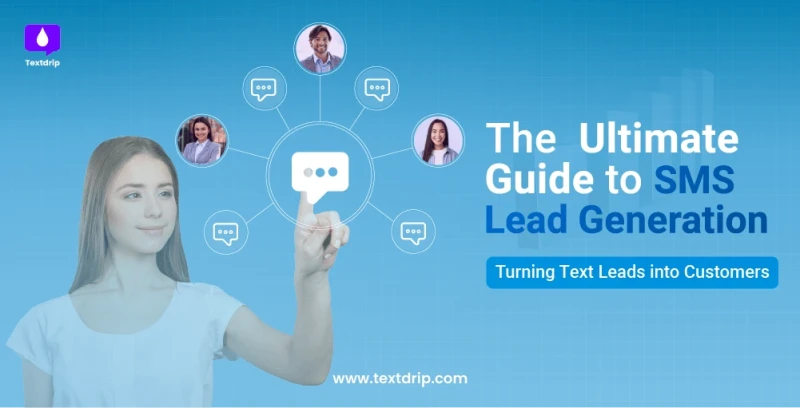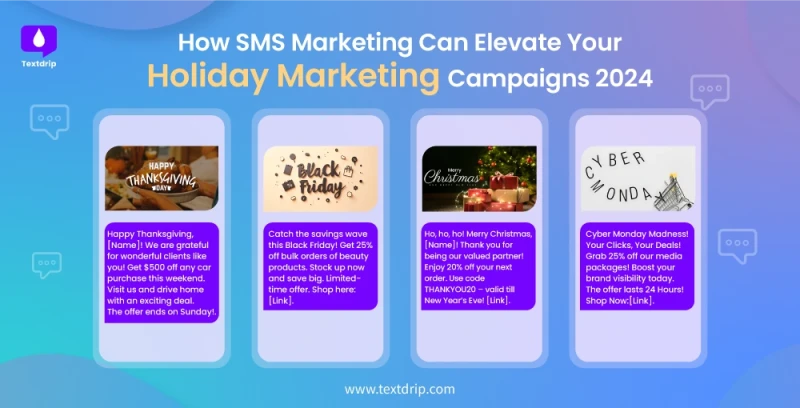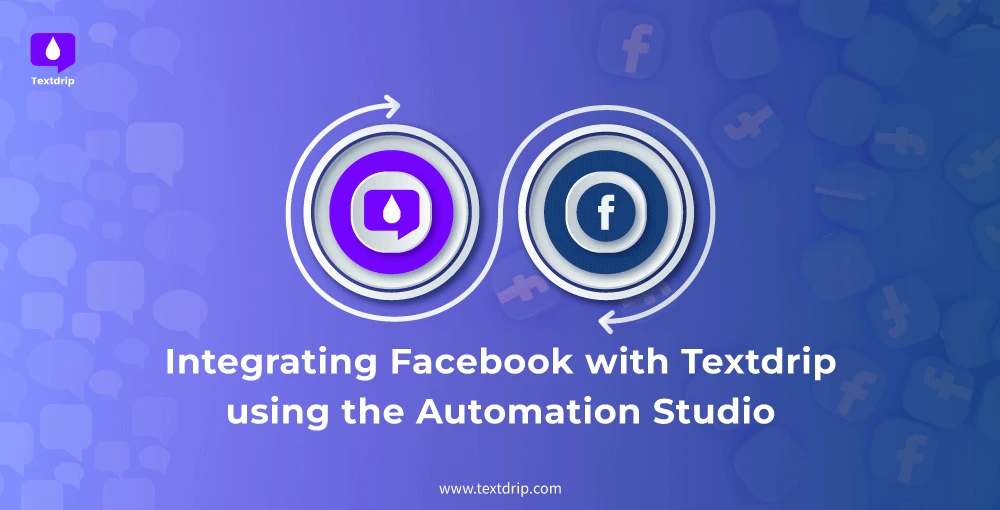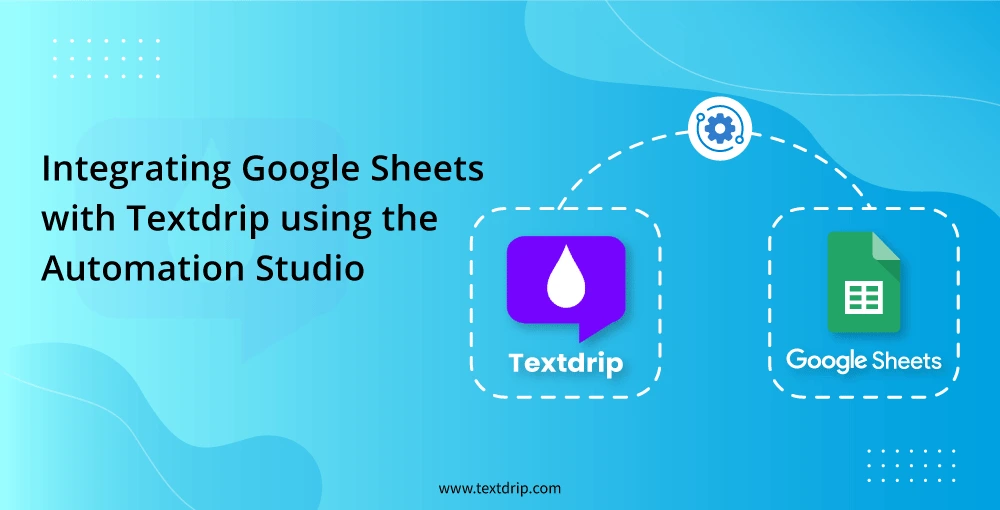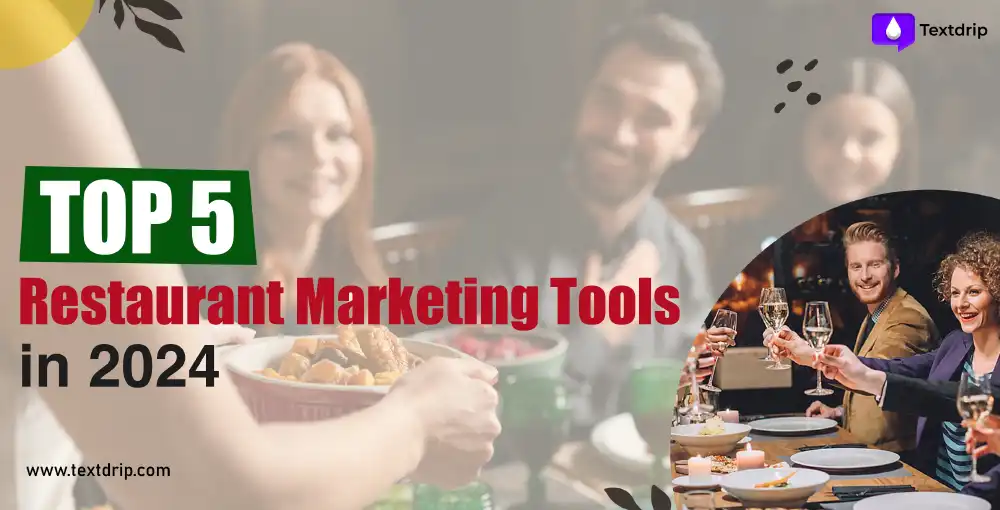
Top 5 Restaurant Marketing Tools in 2024

09 January 2024

TJ Gaushas
I leaned forward in my chair, totally engrossed as Phil explained his ventures of starting a couple of side businesses while he worked hard at his corporate job. Eager to hear more, I nodded and waited for Phil to complete his story,
“I was working on one of the house flipping projects near a Japanese restaurant, where I ate almost every day. Soon the owner began to greet me enthusiastically whenever I walked through the door and we used to discuss all sorts of business things”
Phil continued, “Every time I asked him how his business was doing, he’d sadly tell me that his numbers were going down consistently. Back in the corporate days, we used to get food delivered to our offices, and suddenly it came to my mind and I suggested he should consider the food delivery option. Immediately, he felt it was a good idea and asked me to join him in building a food delivery operation for his restaurant. While it wasn’t my intention initially, it allowed me to start my second business — a Food Delivery Franchise”
While Phil’s recommendation helped the Japanese restaurant owner improve its orders and boost revenue, there are tons of restaurants out there struggling to sustain their business. This gave me the idea to help restaurant owners, like yourself, to adapt to the modern solutions of the modern world.
That said, here are some must-have restaurant marketing tools:
5 Must-Have Marketing Tools for Restaurant
I have compiled a list of the best restaurant marketing tools that help you automate and streamline your efforts. Let’s have a look:
1. SMS Marketing — Textdrip
SMS or text messaging helps you reach your target audience and drive immediate results. A report found that 73% of people open & read all the text messages they receive while 21% open & read only from recognized senders.
Thanks to such a high open and read rate, SMS marketing for restaurants is an essential marketing tool. One of the most important marketing tools a restaurant has is Textdrip. It is an SMS marketing tool that helps you promote your restaurant business effectively.
With Textdrip by your side, you can automate the process of staying connected with your customers. It enables you to send personalized offers, share discount codes, promote new items on the menu, send event invitations, and do much more.
It includes features like multiple numbers, drip campaigns, unlimited contact import, message scheduling, bulk texting, text paraphrasing with Spintext, AI message generator, and many more. Here are some pros and cons of the tool:
Pros:
-
Simple and easy-to-use interface to get things done faster
-
Upload unlimited contact data and create unlimited drip campaigns
-
Assign multiple roles and purposes to multiple numbers and user profiles
-
Message personalization, add emojis, GIFs, and images to make text engaging and interactive
-
10-DLC compliance for higher messaging throughput and enhanced SMS ecosystem
-
Integration with 3rd-party tools to create workflow automation
-
Exceptional customer support team
Cons:
-
Dedicated short code numbers aren’t provided with Textdrip, only 10-digit long numbers
-
Text-to-Join is not available, and instead, AI-based intent automation takes care of that
Pricing:
Textdrip has simple SMS marketing pricing of $34.99/month and $0.012 per text message segment. It offers a 1-month free trial with 1000 complimentary credits to experience the difference.
2. Email Marketing — Mailchimp
While SMS marketing helps you stay connected and drive immediate results, email marketing helps nurture customers from one-time diners to repeat customers. In one of our articles, we explained and compared the ROI of email vs SMS marketing where it was found that emails give an ROI of $32 to $45 per dollar spent.
To achieve the same ROI for your restaurant business, I recommend using Mailchimp for your restaurant email marketing needs. It helps improve your communication with customers and prospects and allows you to create and send targeted emails on automate to nurture your customers.
This restaurant marketing tool offers audience segmentation, landing page creation, social media advertising, integration with other tools, and many more. Here are some pros and cons of Mailchimp:
Pros:
-
Free-forever plan and beginner-friendly
-
It offers a drag-and-drop email builder to create and send emails effortlessly
-
A diverse selection of customizable email templates to incorporate visual appeal
-
Integration with a range of other 3rd-party tools
-
Import contacts from 3rd-party tools like Salesforce, Shopify, and others
-
Cost-effective for businesses with up to 5000 email subscribers
Cons:
-
Email and chat support are available but does not offer phone support
-
Email schedule not available with the free plan
-
Adds Mailchimp branding in emails sent by users on a free plan
Pricing:
Mailchimp offers a free forever plan for businesses with up to 500 contacts, which offers limited features and comes with Mailchimp branding. For businesses with more than 500 contacts, Mailchimp offers three pricing plans: Essential, Standard, and Premium starting from $4.60 per month to $504.63 per month.
3. Social Media Marketing — Hootsuite
A report found that 29% and 22% of diners in the US use social media channels or trust influencers on social media to discover new restaurants. While social media can be a catalyst for your restaurant’s growth, managing its social presence on your own isn’t a viable option, especially when there are several tools available.
Among the others, Hootsuite stands out for me as it’s one of the oldest and most renowned social media marketing tools. It streamlines the management of multiple social accounts and supercharges your marketing efforts.
In addition to publishing and scheduling on social platforms, Hootsuite offers AI content creation, social listening, engagement tools, social advertising, and many other features. Also, it offers in-depth social media analytics and the best time for posting to make informed decisions.
Here are some pros and cons of Hootsuite:
Pros:
-
The tool is user-friendly and constantly evolves to make social media marketing easier and more efficient.
-
It offers unlimited posting for users on all the plans and includes integration with Canva for designing
-
It offers AI content writing and integration with Grammarly for high-quality content creation
-
Best-in-class social media analytics and use those to optimize future social media campaigns.
Cons:
-
It's a bit on the expensive side, with plans starting at $149 per month.
-
It can feel clunky sometimes and support needs improvement
Pricing:
Hootsuite used to offer a free plan, but it has discontinued the same as of March 2023. The basic plan starts at $149 per month with a 30-day free trial. If you skip the trial, you’ll get 20% off on annual billing for the first year or for the first 6 months for monthly billing.
4. Local Marketing — Brightlocal
Restaurants mostly thrive on local customers as they can become regular and visit frequently for meals, drinks, or special events. Thus, marketing to local customers, who live around the neighborhood or within the city, will be a crucial part of the restaurant’s success.
Brightlocal is a local marketing tool for businesses, including restaurants. It offers a suite of tools designed to help your restaurant improve its visibility in the local search results.
Brightlocal offers local rank tracker, local search grid, citation tracker and builder, Google Business Profile audit, review management, and many other features. Using Brightlocal, restaurants can improve their local presence, manage their reputation online, and attract more diners and customers.
That said, here are some pros and cons of Brightlocal:
Pros:
-
Brightlocal helps you build new accurate citations, distribute NAP data, and remove duplicate citations.
-
It also lets you track your citations and highlight the top sites for citation building.
-
Another advantage of Brightlocal is you can spy on what your competitors are doing and compare your profile with them.
-
Helps you perform a complete local SEO audit in a few minutes with an actionable guide on optimizing your local marketing efforts.
-
The review management systems help you get more customer reviews and reply to them from within the app.
Cons:
-
Slow performance when running it manually to get reports
-
Pricing can be too high for small business owners
Pricing:
Brightlocal has three different plans: Track, Manage, and Grow with monthly costs of $39, $49, and $59 respectively. If you choose to pay yearly, you can save 25% on each plan.
5. Restaurant Management — Sevenrooms
Restaurant management platforms help you enhance your customer satisfaction by providing them with seamless and personalized dining experiences. It centralizes various aspects of restaurant operations from reservation to table management and guest communications.
Tools like Sevenrooms allow you to manage all your restaurant operations from one place. It's a comprehensive platform that includes tools to acquire new customers, engage them with on or off-premise operations, and retain or bring them back for more.
It includes hospitality CRM, delivery and pickup, reservations, waitlist, events and experience, mobile order and pay, guest feedback, review aggregation, marketing automation, and many other features. Here are some pros and cons of SevenRooms:
Pros:
-
Easy to use with a clean and customizable interface
-
Offers valuable customer insights for a better understanding of customers’ needs
-
Tools to acquire, engage, and retain customers
-
Have an excellent support team
Cons:
-
Limited functionality, poor security governance, and costly
Pricing:
SevenRooms offers three plans starting with Essential, Growth, and Premium. You'd need to contact their support team to know the exact cost of each pricing plan.
Start Your Restaurant Marketing the Right Way
Just as the one suggestion from Phil changed the Japanese restaurant’s numbers within months, these recommendations can do the same for you. From directly connecting with your customers through SMS and emails to attracting them from social media or local marketing, the suite of restaurant marketing tools presented here can automate most tasks.
To help you make an informed decision, I’ve listed the pros, cons, and how much they cost for each tool. Among others, Textdrip is one of the essential tools for restaurants to stay in touch with their customers and drive immediate results. Start a free trial or schedule a demo to experience the difference.
Explore more content
More Sales Opportunities?
Automate your text messaging hustle to generate more sales opportunities with Textdrip and watch your business grow.
